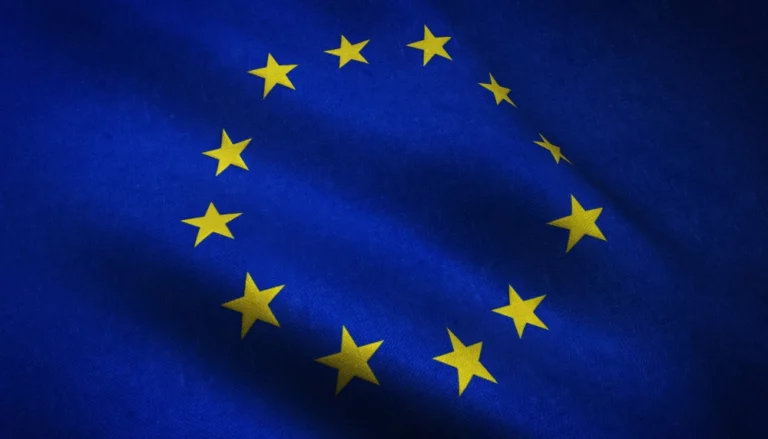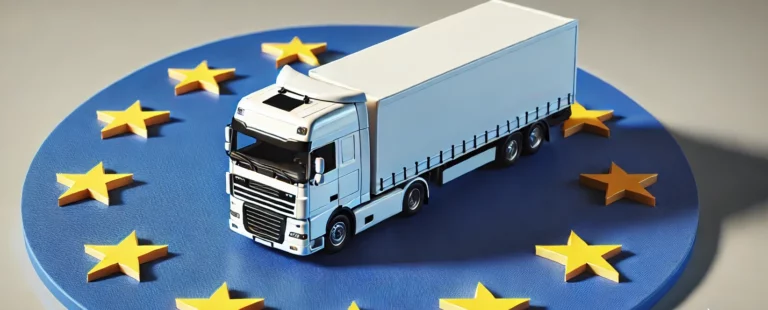A change to the Waste Act is coming. Entrepreneur, see what awaits you in 2018

In order to make the best use of the potential of recycling, numerous regulations have been drawn up, specifying how to deal with certain situations. However, it is important to bear in mind that, as industry evolves, so too should the rules. Recycling is no different. Next year, we are facing major changes in the area of packaging waste. What exactly do they involve?
On 11 July, a government bill, envisaging an amendment to the Packaging and Packaging Waste Management Act (of 13 June 2013) and certain other acts, reached the desk of Sejm Speaker Marek Kuchciński. This is the result of efforts to implement the provisions of EU Directive 2015/720 of 29 April 2015 amending Directive 94/62/EC with regard to reducing the use of lightweight plastic shopping bags.
Just over a week later, the first reading of the amendment took place at the 46th sitting of the Sejm. One of the solutions proposed therein is the introduction of a so-called recycling fee, i.e. a charge for a light plastic bag, which is issued for the purpose of packaging purchased products. Bags up to 15 micrometres thick are to be exempted from this fee, but only on the condition "that they are required for hygienic reasons or offered as primary packaging for bulk food, if such action prevents food waste", reads the explanatory memorandum.
Success priced at £1
The topic sparked a lively discussion during a sitting of the Sejm last Wednesday. Law and Justice MP Dariusz Piontkowski pointed out that:
(...) it is worth introducing charges, part of which will go to the state budget and can then be used for environmental measures, but above all it will encourage Poles to use reusable or more environmentally friendly packaging, such as paper or cloth (...)
Member Tomasz Cimoszewicz of Civic Platform, on the other hand, noted:
(...) why are you proposing an upper limit on the fee for the proverbial net of £1. Why don't you also set a minimum charge? Do we really want to give the option of selling plastic bags for 1 gr to the big chains? Do we still want to be the garbage dump of Europe?
The issue of the said fee is described in Chapter 6a added in the amendment. It also contains a provision which indicates that the head of the Ministry of the Environment will be responsible for setting the rate of the recycling fee after prior consultation with the Minister of Finance and the Minister of the Economy.
You don't want others to pay - you pay yourself
Another provision stipulates that control over the obligation to collect the recycling fee by entrepreneurs is entrusted to the Trade Inspection. Evasion of this obligation will expose the entrepreneur to a financial penalty ranging from PLN 500 to PLN 20 000.
As explained in the explanatory memorandum, the motivation for introducing the recycling levy is to permanently reduce the use of lightweight plastic carrier bags and the fact that they have a negative impact on the environment.
The topic was also taken up by PO MEP Małgorzata Pępek, who pointed out that Poland is still far from the recycling standards that have been in place for years in Western Europe:
We are still, for several decades, lagging behind. The bill on a levy on plastic bags will not change this. After all, plastic packaging burns in household furnaces. This is how they are most often recycled. Smog is created, we breathe in toxic substances.
Change is good
Another important issue concerns the change in the definition of the province marshal. The explanatory memorandum to the bill reads that until now, the duty of control rested with the provincial marshals with jurisdiction over the registered office of the entrepreneur conducting the recovery and recycling of packaging waste, which made control considerably more difficult in the case where the entrepreneur has its registered office in a given province but operates in another province.
The purpose of the amendment is "to indicate the competent marshal for the recycler of packaging waste according to the place where this activity is carried out, in order to facilitate the marshals' control of these entrepreneurs provided for in Article 53(2) of the Act."
Who will the law bypass?
It is also important to note that, under the proposed amendment to the Act, the list is to be extended as to when the provisions contained in the Act do not have to be applied.
As noted, "in the case of export or intra-Community supply of packaged products, the packaging in which the previously marketed products (sold in the country) were packaged does not become waste in the country", it was therefore proposed that an entrepreneur, despite the marketing of packaged products, should not apply the provisions of the Act in terms of, inter alia, ensuring the recovery and recycling of packaging waste to the packaging in which the products were exported out of the country.
However, the entrepreneur will still be obliged to use packaging that meets the requirements stipulated in the Act and to submit annual reports to the provincial marshal regarding, among other things, the quantity of plastic bags sold.
Inventory 2.0
Another important change concerns the possibility for an entrepreneur, introducing packaged products, to keep records no longer only in written form, but also in electronic form. The latter will replace the ICT system. The authors of the amendment reassure that the replacement of one method of keeping records with another will not cause the replaced one to become incompatible with the provisions of the Act.
The draft amending the Packaging and Other Acts also assumes that, in the event of transferring the obligation to recycle and manage waste to an economic self-government organisation, the entrepreneur is obliged to provide it with all information necessary to fulfil the obligations transferred to it. Failure to do so will result in the entrepreneur being obliged to pay a so-called product fee.
As they see you, so they ... punish you
Also important from the point of view of the new Act is the change concerning the obligatory external audit to be carried out annually by each entrepreneur recycling packaging waste or conducting other activities which result in the recovery of such waste. This obligation will also be imposed on entrepreneurs exporting packaging waste or transporting it within the European Union.
The proposed amendment to the Act supplements Article 46 of the Act of 13 June 2013 with a provision in paragraph 3, which implies that in the event of failure to conduct an audit within the prescribed period, the provincial marshal will summon the entrepreneur to conduct an audit on another date.
Failure to comply with the new deadline will result in a financial penalty of between PLN 20,000 and PLN 500,000, while an entrepreneur whose gross irregularities are found as a result of an audit will be struck off the register.
As a result of the planned changes, sales of lightweight plastic carrier bags, as envisaged in the transposed directive, are expected to decrease every year, while sales of paper, textile, biodegradable and other alternatives to plastic bags are expected to increase. However, very often predictions are out of touch with reality. And what will it be? We will see what 2018 brings.
Elaborated based on www.plasticsnews.com






